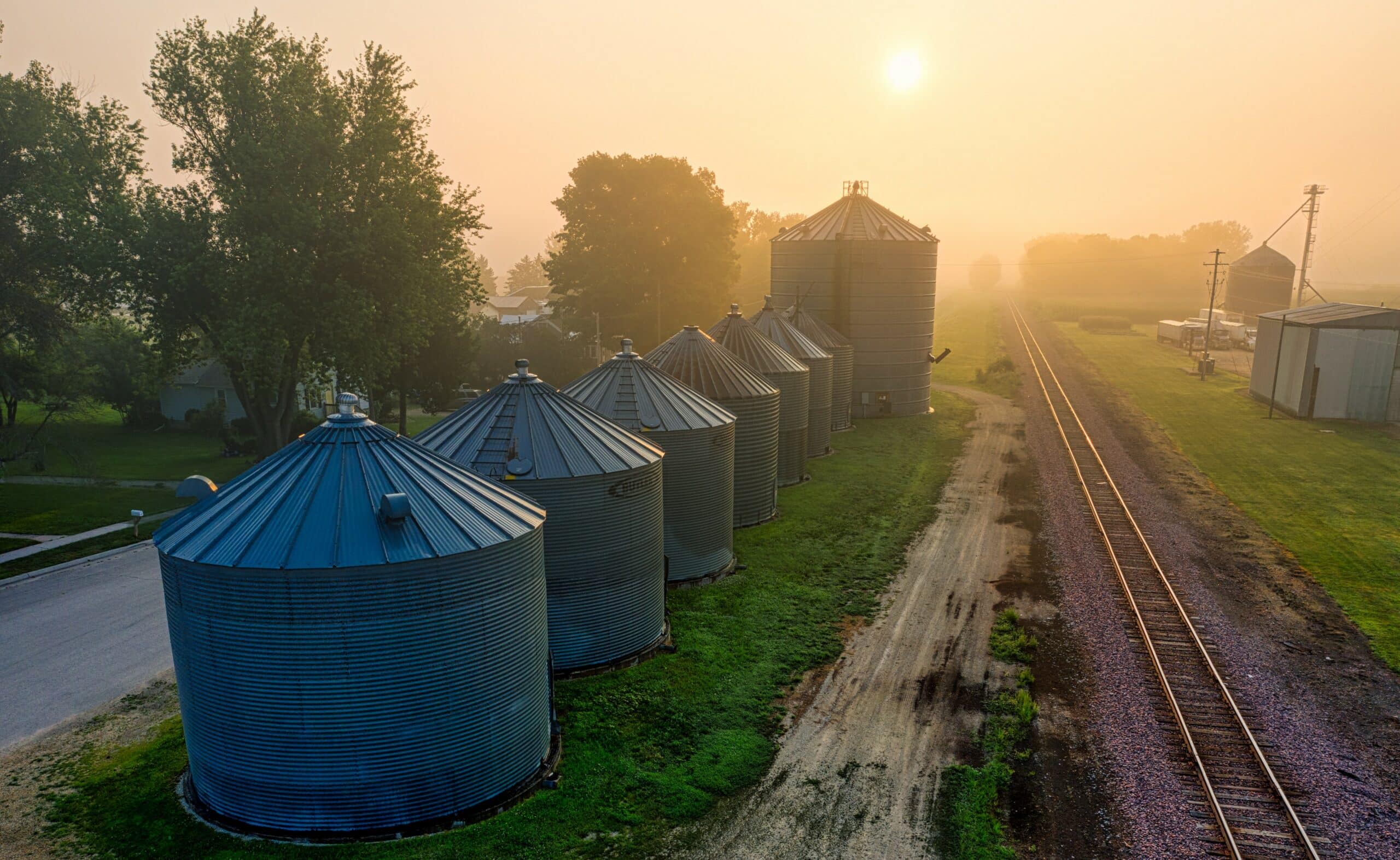Moving out of the silos

Learning to collaborate and manage increasing climate change disaster risks and climate adaptation together.
In Europe, as globally, we face an increasing frequency and intensity of climate-related extreme events caused by climate change. According to the global reinsurer, Swiss Re, in 2021 global flood events claimed over 2500 lives and caused US$80 billion in economic loss. In addition, Europe experienced the largest floods ever, as well the highest economic and insured losses for flood anywhere in the world in.
We were all shocked to see the news footage of flood damage and economic losses caused by floods in July 2021 in the Rhine Basin, Germany, where 220 people lost their lives and Euro 30 Billion of economic damage occurred in just one night, that even today, in 2023, impacts the lives of thousands of people as they recover from this disaster. It highlights how Germany, like most European countries, are unprepared for the potential scale of disasters in the future that are likely to be caused by climate change, ageing flood protection infrastructure and land-use changes. Indeed, ‘Swiss-re-institute-sigma-natcat-2022 Report’ (2022) predicts there is a long-term upward trend in climate-related disasters globally.
Therefore, Europe needs to step up its action towards Climate-related disaster management and climate adaptation.
Funded as a Horizon Europe project by the European Union, the ‘Disaster Resilience for Extreme Climate Events providing Interoperable Data, Models, Communication and Governance (DIRECTED) Project, seeks to assist better planning and information for disaster risk assessment, forecasting, management and climate change adaptation.
We believe that improved disaster management and climate change adaptation is not just about having the most scientifically advanced information at your fingertips, but equally important is the governance and information access and flow and the ability of different actors to understand and utilise appropriate information tailored to their needs.
Our Mission objectives are:
Overcome silos between technical and political authorities of all levels, including organisations, sectors and disciplines by improving dialogues and communication among DRR and CCA actors and by promoting the exchange and integration of information and knowledge.
Leverage synergies, combine efforts and reduce the fragmentation within DRR and CCA domains, including addressing multi-level governance and different spatial and temporal scales.
Promote multi-risk thinking by means of a novel transdisciplinary multi-risk governance framework related to climate extremes (RISK-TANDEM) aimed at assessing, evaluating, managing and communicating multi-hazard, multi-risk issues in close collaboration with engaged stakeholders, practitioners and concerned citizens.
Build capacity and lasting real-world partnerships and collaboration between involved actors that will last beyond the project.
Exploit the power of open data and open science, improving capabilities (e.g. using a flexible Data Fabric architecture) to make use of scattered information for more effective decisions, including knowledge and tools developed within past, present and future research and innovation initiatives.
Working with local clusters of Disaster Risk Reduction (DRR) and Climate Change Adaptation (CCA) specialists at the coal face in Germany, Italy, Denmark and across the Danube Region we will facilitate ‘Real World Labs’ where local and national authorities, first & second responders, climate change adaptation planners, businesses, physical and social scientists will work together in these regional hubs to identify institutional barriers and silos and improve tailored and relevant information flow to organisations working within disaster management and climate change.
We will also be demonstrating some existing scientific climate change risk assessment and adaptation tools developed previously in the science and insurance sectors and look at how the flow of this information might be made interoperable thus increasing more joined up information flows, easily useable by on-the-ground practitioners during emergencies and disaster risk planning and risk reduction processes.
One thing we know, is this will be a highly collaborative project, where the participants will need to step back, understand and collaborate with professionals from different disciplines. We think we have the team to make this happen!
In addition, we would like to converse more broadly with the disaster risk and climate adaptation professionals across Europe and beyond to bring greater understanding and knowledge exchange in the work we are doing, to achieve better and more widely applicable outputs from the Project.
And this is where YOU come in… We will be communicating through a range of social media channels about the work we are doing over the next 4 years. In particular, we have opened a DIRECTED Project Group on LinkedIn https://www.linkedin.com/groups/14155514/ where we will talk about our findings from the Real World Labs, talk about some of the scientific disaster risk assessment, forecasting and climate change adaptation tools and how we might make them more interoperable and ask questions of DRR & CCA practitioners like yourselves, to help us think about how information needs to flow in disaster situations and more broadly co-ordinate knowledge exchange in this space.
Therefore, please do come along and join us on LinkedIn as we begin our Project:
For any further information about the Project, please contact:info@directedproject.eu
About this Project:
[This project is an Innovation Action under the Civil Security for Society, Disaster-Resilient Societies programme of the Horizon Europe funded by the European Union. Project details and a full list of participant organisations can be found on the link: https://cordis.europa.eu/project/id/101073978. Associate partners SEI Oxford and Oasis Hub are funded by Innovate UK and ETH Zurich is funded by The State Secretariat for Education, Research and Innovation (SERI), Switzerland]
by Tracy Irvine, Oasis Hub Ltd

